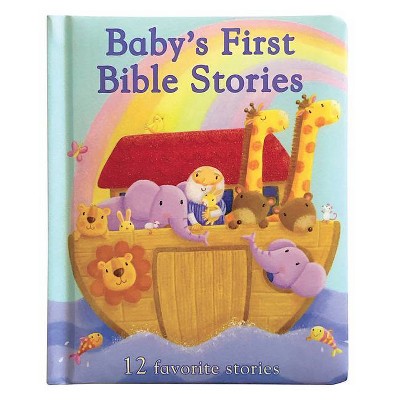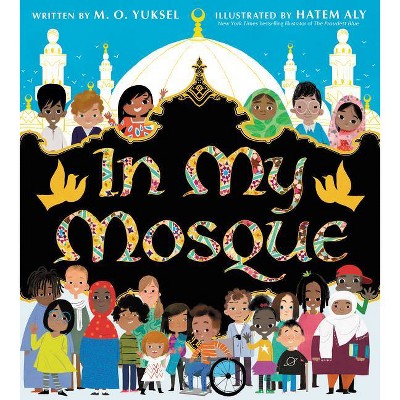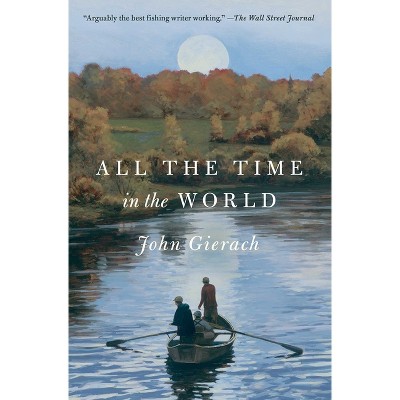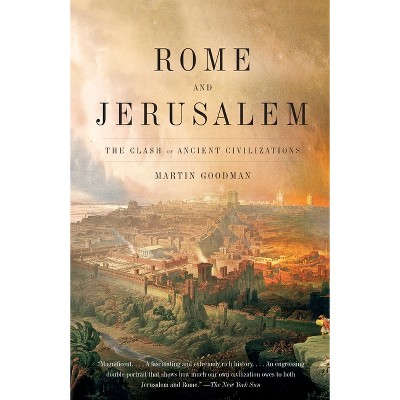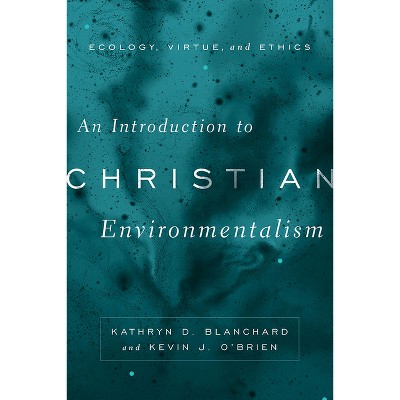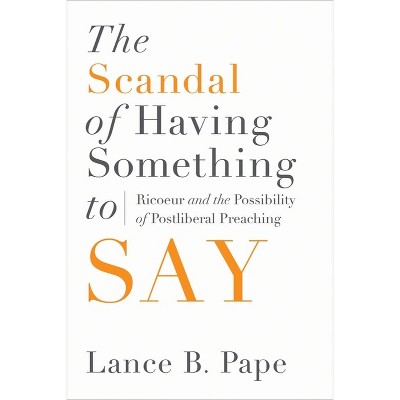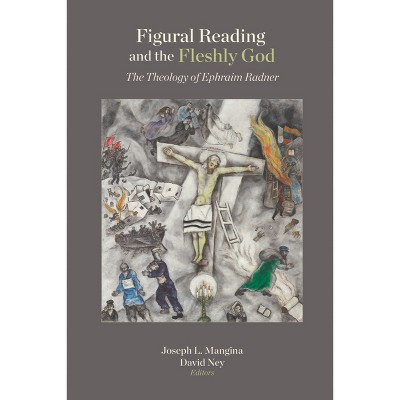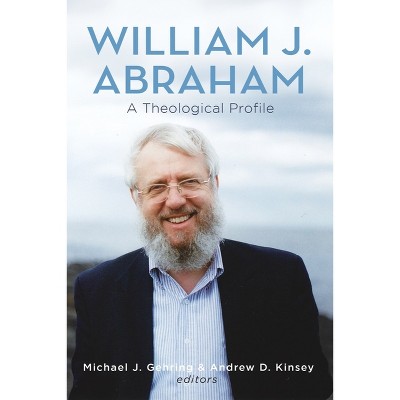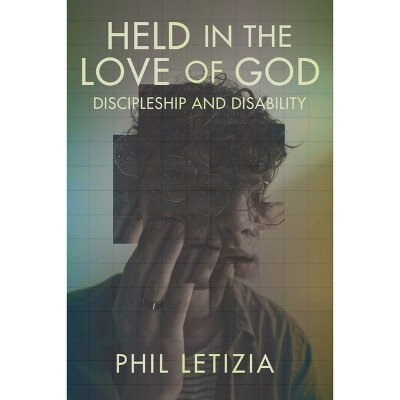Sponsored

History and Eschatology - by N T Wright (Hardcover)
In Stock
Sponsored
About this item
Highlights
- How can we know about God?
- About the Author: N. T. Wright is the former Bishop of Durham and is Research Professor of New Testament and Early Christianity at the University of St Andrews.
- 365 Pages
- Religion + Beliefs, Christian Theology
Description
About the Book
The result is a larger vision, both of natural theology and of Jesus himself, than either the academy or the church has normally expected.Book Synopsis
How can we know about God? That question increasingly bothered scientists and philosophers in the modern period as they chipped away at previously imagined "certainties." They refused to take on trust the "special revelation" of the Christian Bible, trying instead to argue up to God from the "natural" world. That is the theme of the Gifford Lectures, inaugurated over 130 years ago.
This natural theology has usually bracketed out the Bible and Jesus--and with them, usually, the scholars who study them.
History and Eschatology: Jesus and the Promise of Natural Theology represents the first Gifford delivered by a New Testament scholar since Rudolf Bultmann in 1955. Against Bultmann's dehistoricized approach, N. T. Wright argues that, since the philosophical and cultural movements that generated the natural theology debates also treated Jesus as a genuine human being--part of the "natural world"--there is no reason the historical Jesus should be off-limits. What would happen if we brought him back into the discussion? What, in particular, might "history" and "eschatology" really mean? And what might that say about "knowledge" itself?
This lively and wide-ranging discussion invites us to see Jesus himself in a different light by better acquainting ourselves with the first-century Jewish world. Genuine historical study challenges not only what we thought we knew but how we know it. The crucifixion of the subsequently resurrected Jesus, as solid an event as any in the "natural" world, turns out to meet, in unexpected and suggestive ways, the puzzles of the ultimate questions asked by every culture. At the same time, these events open up vistas of the eschatological promise held out to the entire natural order. The result is a larger vision, both of "natural theology" and of Jesus himself, than either the academy or the church has normally expected.
Review Quotes
History and Eschatology is a lively and wide-ranging discussion that invites us to see Jesus himself in a different light by better acquainting ourselves with the first-century Jewish world. Genuine historical study challenges not only what we thought we knew but how we know it. The crucifixion of the subsequently resurrected Jesus, as solid an event as any in the "natural" world, turns out to meet, in unexpected and suggestive ways, the puzzles of the ultimate questions asked by every culture. At the same time, these events open up vistas of the eschatological promise held out to the entire natural order. The result is a larger vision, both of "natural theology" and of Jesus himself, than either the academy or the church has normally expected.
-- "Wisconsin Bookwatch"This is a 'radically redefined, "natural theology"'--the dawn of new creation, 'the ultimate reality in the world is the self-giving God revealed in Jesus.' This book is heavy reading. But it opens new visions and new hope!
--Donald K. McKim "Presbyterian Outlook"Wright's contribution is bold, adventurously written, and provocative. He asserts that natural theology has no compelling reason to abstain from considering the content of Christian revelation.... Wright offers daring judgments on a dizzying array of persons, events, and intellectual movements in History and Eschatology.
--Joseph K. Gordon "Reading Religion"Careful attention to the perspectives of this formidable, highly influential figure in contemporary biblical scholarship always repays the effort.
--Scott MacDougall "Journal of Religious History"More than many of its kind, this is a readable, preachable, shareable book.
--Maurice Lee "Perspectives on Science and Christian Faith"Readers with the stamina to work their way through Wright's theoretical vision articulated here will be challenged and enriched.
--Donald Senior "The Bible Today"Wright has won laurels both as a populariser and as an author of weightier studies. This falls into the latter category, but is, none the less, accessible as an essay in natural theology with far-reaching consequences.
--John Saxbee "Church Times"About the Author
N. T. Wright is the former Bishop of Durham and is Research Professor of New Testament and Early Christianity at the University of St Andrews. He is the author of more than eighty books, including The Paul Debate: Critical Questions for Understanding the Apostle.



